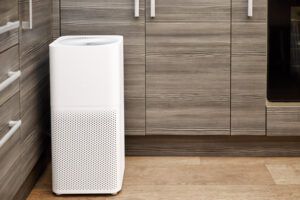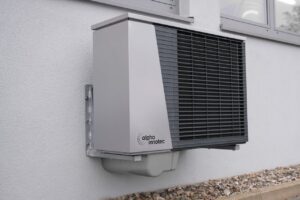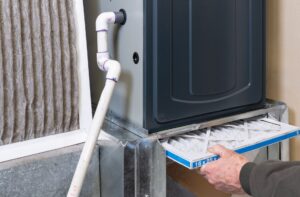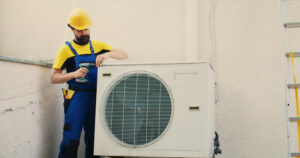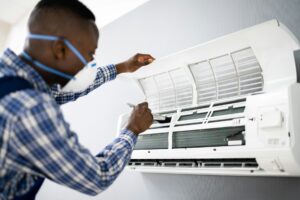In Gresham, maintaining a healthy and efficient home environment is important, especially regarding indoor air quality. One simple yet often overlooked task that significantly impacts this aspect is changing your home air filter. This blog post will explain the signs it’s time for a replacement, ensuring your home remains safe for you and your loved ones.
Signs Your AC Filter Needs Changed
1. Dust and Dirt Accumulation
An unusual amount of dust and dirt around your air vents is a telltale sign your air filter is ready for a change. When the filter gets blocked, it can’t catch particles and they flow back into your home.
Inspect the areas around your vents for dust regularly so you know when it’s the right time to replace your filter.
2. Visible Dirt or Clogging on the Filter
A visual inspection of your air filter can quickly reveal if it’s dirty or clogged. You should replace filters with a lot of dust or showing signs of wear immediately. This will prevent a decrease in air quality and efficiency of your HVAC system.
A good rule of thumb is to check your filter every month. If you can hold the filter up to a light and not see through it, it is time to change your filter. At an absolute minimum, you should change your filter every three months. We recommend this guide to show you how to find the air filter for the HVAC system in your home.
How to Tell if AC Filter is Dirty - Use the photos below to gauge if your air filter is dirty.
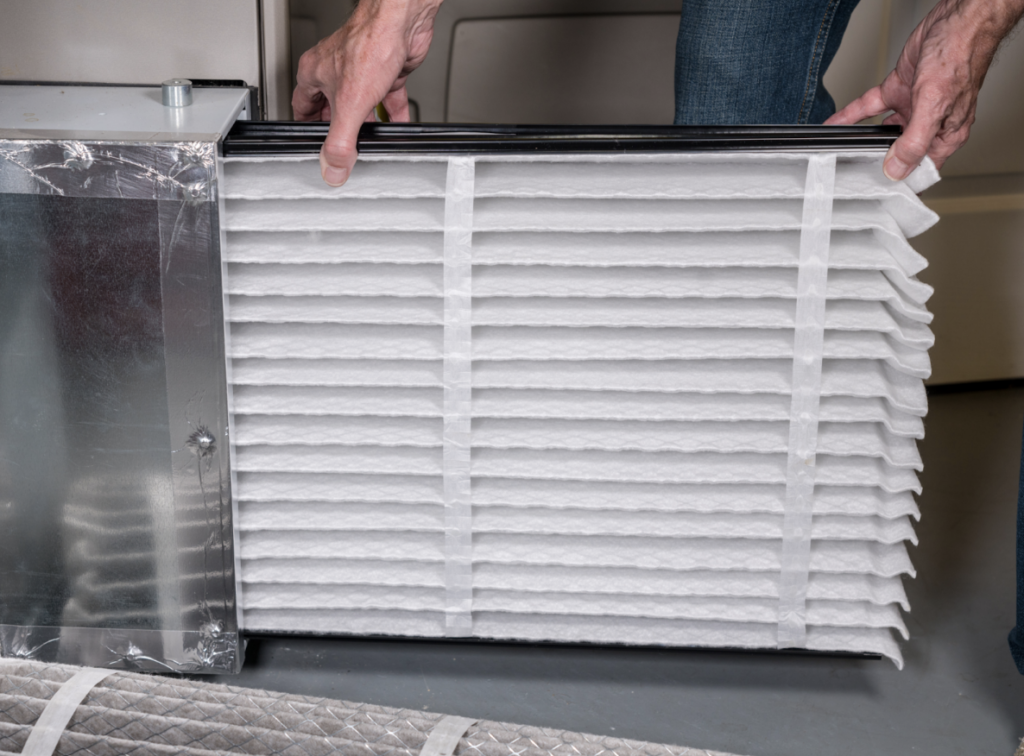
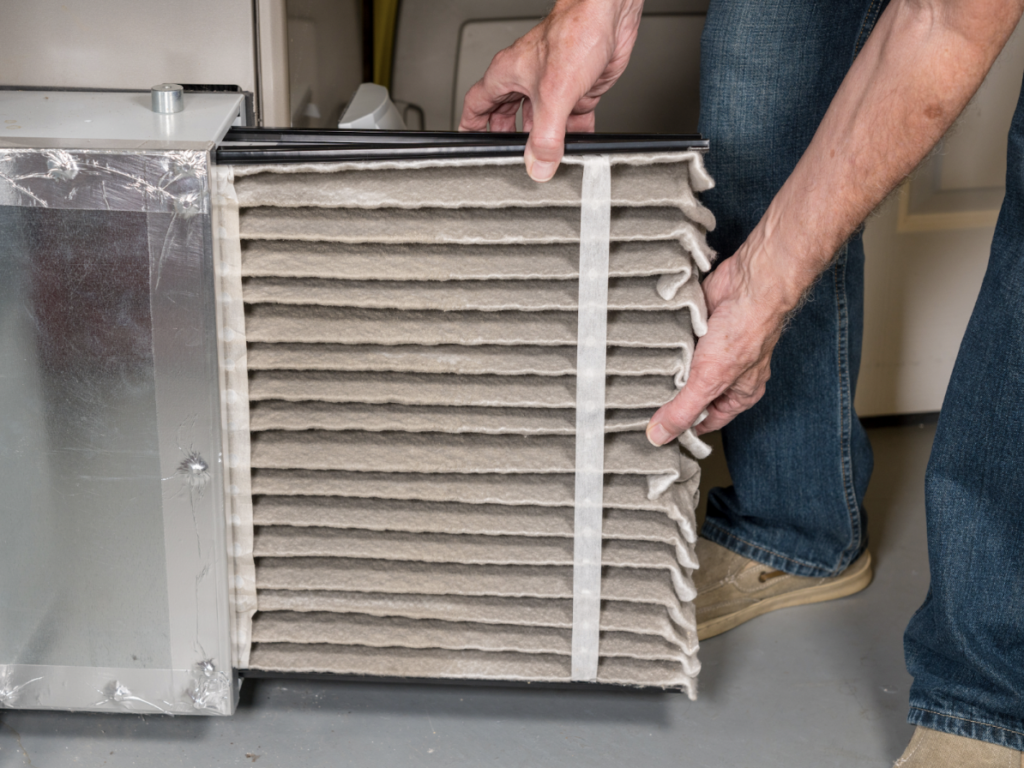
3. Unexplained Rise in Electricity Bills
If your energy bills go up suddenly and it’s not because of higher prices from your energy company, it might be because your system is working too hard due to a dirty filter. Replacing a clogged filter can restore energy efficiency and reduce your monthly costs.
Pro-tip! Learn how to save money at home from PGE with these tools and tips for Gresham homeowners.
4. Extended Time to Heat or Cool
If your home takes longer to reach a comfortable temperature, it’s a sign your HVAC system is struggling to circulate air through a dirty filter. This inefficiency not only impacts your comfort but also increases wear on your system.
5. Overheating AC Unit
An AC unit that feels hot to the touch is working harder than it should, likely because of a clogged filter. This not only risks a system breakdown but also drives up your energy consumption.
6. Bad Smells and Allergy Symptoms
If your vents smell bad or your allergies get worse at home, it might be because the filters are dirty. Dirty filters lead to bacteria and air contamination. Changing your filter can dramatically improve indoor air quality.
Other Ways to Improve Air Quality
To improve the air quality in your home, you can try these two easy tips. First, open windows when it’s nice out to circulate your indoor air with fresh outdoor air. Kitchen and bathroom fans can also eliminate odors and humidity that attract mold and dust mites.
Second, regularly clean your home by sweeping, vacuuming with a HEPA filter vacuum, and dusting. This helps trap small bits and keep dust away. Using natural cleaning products helps too, since they have fewer chemicals.
A dehumidifier can stop mold from growing, and indoor plants can make your air fresher (even if they don’t work miracles). Just a few simple steps can significantly improve the air you breathe at home.
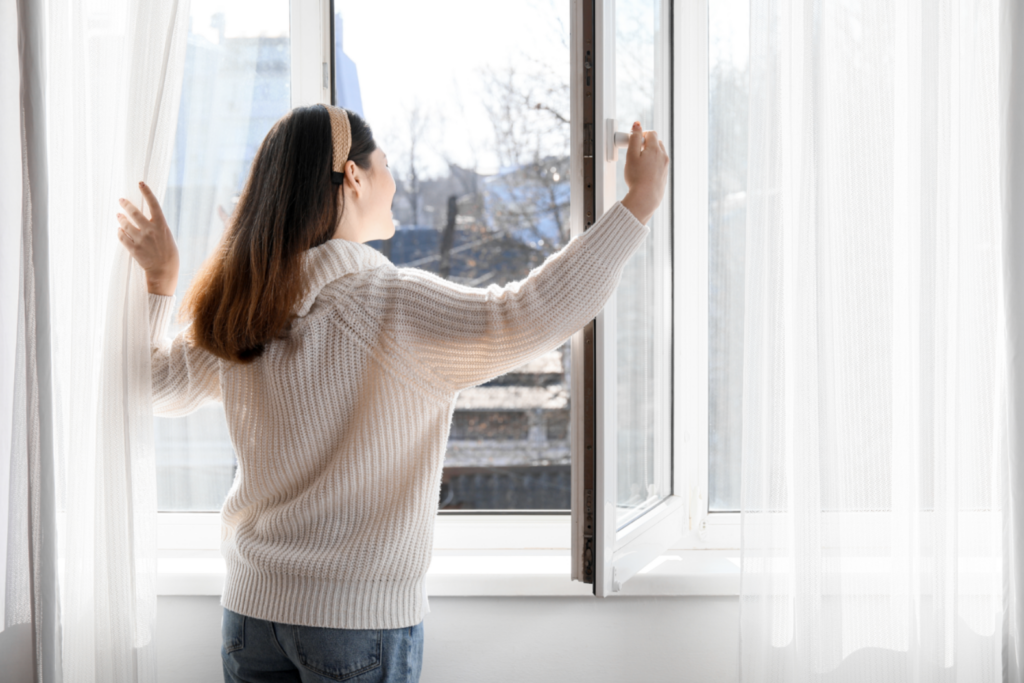
Safety Concerns for a Dirty Air Filter in House
A dirty air filter can be dangerous. It can cause parts of a system to get too hot and start a fire. It can also spread allergens and bacteria in the air, which might harm your health. Ensuring your air filter is clean reduces these risks and promotes a healthier living environment.
What To Do if You See Signs Your AC Filter Needs Changed?
Changing your air filter is a straightforward task that homeowners can do themselves. Changing your filters regularly, based on the type you use and how you use it, can improve how well your system works and make the air cleaner.
Steps for changing your home air filter:
- Locate the Filter: Your HVAC system’s air filter is typically found in a return air duct or close to the air handler unit. In some homes, there may be more than one filter located at various points in the system.
- Turn Off the HVAC Unit: Turn off the unit before changing the filter so no dust and debris circulates while the filter is out.
- Remove the Old Filter: Carefully slide the old filter out. Note its size and the direction of airflow indicated by arrows on the frame, which you’ll need to match when installing the new filter.
- Insert the New Filter: Slide the new filter into place, making sure it fits snugly. The airflow arrows should point in the correct direction toward the blower motor.
- Dispose of the Old Filter: To dispose of the old filter, put it in a bag to prevent dust from spreading. Then, follow the local rules for proper disposal.
- Turn the System Back On: Once the new filter is securely in place, you can turn your HVAC system back on.
When to Contact an Oxbow HVAC Professional
Changing your air filter is an easy job you can do yourself. But if you still have problems like weird noises, bad smells, or it doesn’t work right even with a new filter, you should call an expert. Oxbow HVAC contractors can find and fix problems that a new filter can’t solve. Learn about us and our 30 years of experience serving Gresham and the Portland Metro Area.
Conclusion
Regularly changing your home’s air filter is important. This helps to keep your heating and cooling system working well. Additionally, it ensures clean air in your house. Signs like dust around the vents or your energy bills going up for no clear reason are clues not to ignore.
Checking and changing your air filter regularly is an easy way to make the air in your house safer and more comfortable. You should do this every 1 – 3 months, depending on what your home needs and the kind of filter you have. If you’re not sure, talking to an Oxbow air system expert in Gresham can help make sure your system works great all year.



